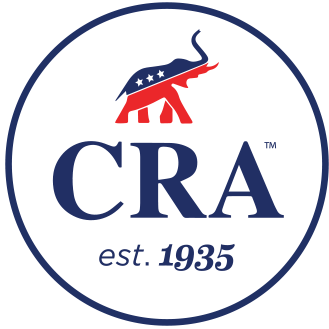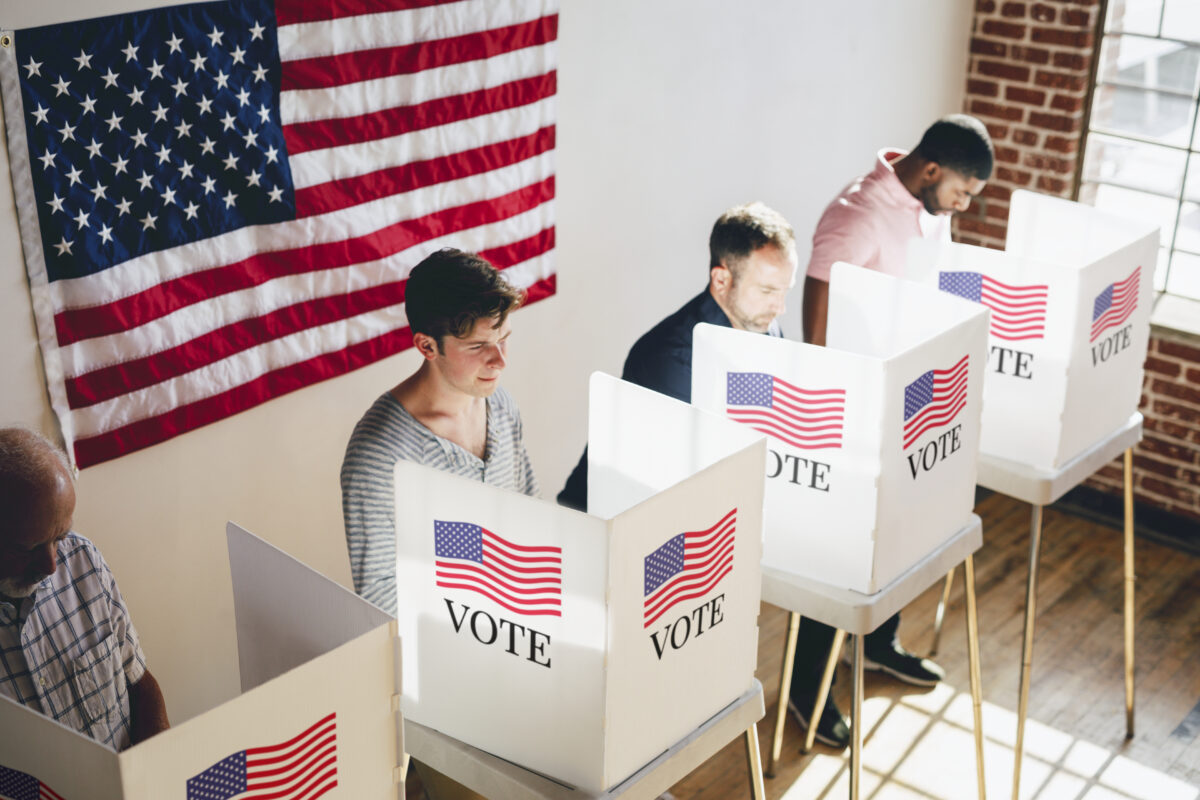OPINION – In a world where narratives often overshadow facts, the issue of voter fraud has become a battlefield of conflicting claims and emotions. A predominant line of thought, especially among certain political factions—primarily the Democrats—insists that claims of voter fraud are mere figments of the imagination, suggested by fevered minds driven by paranoia. Yet, the overwhelming evidence of electoral misconduct that exists across multiple states current and historical contradicts this platitude.
Consider documented cases like absentee ballot manipulation and ballot box stuffing. The reality is that voter fraud is not only a possibility but a documented occurrence. Take the case of Gay Nell Tinker from Alabama, who pled guilty to multiple counts of absentee ballot fraud back in 2010, falsely altering ballots for candidates she favored. Instances like hers raise serious questions about the integrity of the electoral process, a concern that should be imperative to anyone invested in democracy’s sanctity.
Moreover, the reluctance to accept the existence of voter fraud reflects a deeper malaise within our educational systems—a failure to foster critical thinking among the populace. Instead of encouraging rigorous inquiry into facts, many succumb to emotional appeals and ideological fervor. This is perhaps most evident in what has been dubbed Trump Derangement Syndrome (TDS), where individuals uphold beliefs that emotional narratives justify their dismissal of uncomfortable truths. By glossing over suspicious evidence, they risk normalizing electoral misconduct, diligently dismantling the very tenets upon which our democratic processes stand.
How Voter Fraud Manifests
Voter fraud isn’t confined to the fringes as a mere theoretical concern; it manifests through various identifiable methods.
- Absentee Ballot Manipulation- The filling out and submission of fraudulent absentee ballots is one method often overlooked in mainstream discussions. A notable example arose in 2024 with Bridgeport city councilman Alfredo Castillo allegedly convincing a non-citizen to register and vote illegally.
- Ballot Box Stuffing- Ballot boxes have unfortunately been the vessels for unlawful conduct, as seen in the recent Bridgeport mayoral election, where a judge mandated a re-run due to evidence of ballot stuffing.
- Voter Registration Fraud– Historical patterns indicate that there have been instances of individuals being registered to vote illegally, including non-citizens—an outrageous affront to the qualifications that govern our voting populace. This issue has been notably highlighted in several ACORN voter registration cases, which further underscore the need for stringent measures to ensure the integrity of our electoral process.
- Covering Up Discrepancies- We often hear about election officials who either conceal or neglect to report uncounted ballots. One such case in Michigan demonstrated the grave consequences of such neglect, where a poll worker was charged with ensuring that 193 absentee ballots went uncounted.
- Bribery and Corruption- The corrupt underbelly can even reach into the machinery of the elections themselves, as evidenced by former congressman Michael “Ozzie” Myers, who bribed election workers to add fraudulent votes to the tally.
This smorgasbord of methods showcases that voter fraud isn’t just an abstract concern—it’s a tangible threat that has persisted through history, from Tammany Hall’s infamous electoral manipulation to the modern-day challenges in cities like Philadelphia.
Historical Context and Legacies of Manipulation
When examining historical instances such as the Tammany Hall political machine in New York or the rampant fraud accusations surrounding significant elections in Chicago, it becomes painfully clear that voter fraud has a storied legacy in American politics. The strategies employed, ranging from intimidation at the polls to the creation of “naturalization mills” for new immigrants to sway electoral outcomes, are reminders that this is an issue that wasn’t merely relegated to the past—its echoes are very much present in today’s political landscape.
As much as certain factions may wish to recast voter fraud as an anomaly, the stark criminal judicial outcomes—from indictments to guilty pleas in recent years accentuate its prevalence. The guidelines surrounding voter registration and verification are often compromised by lax standards aimed at promoting accessibility, leading to an inability to ensure election integrity.
The Critical Role of Discourse
As we navigate the turbulent waters of electoral integrity, it is imperative that informed discussions take precedence over reactionary rhetoric. Acknowledging the potential for voter fraud does not equate to casting dispersions upon all electoral participants but is rather a clarion call for vigilance. Without transparent systems that uphold the sanctity of votes, we risk hollowing out the trust that undergirds our electoral institutions.
Furthermore, voter fraud isn’t just a distant concern; it’s a real challenge facing candidates, citizens, and our democracy. Protecting election integrity is not only crucial for preserving public trust but is also essential for upholding the constitutional promise of fair representation.
As we reflect on the substantive evidence, we must recognize: the issue lies not with those who raise alarms for accountability’s sake but with an unwillingness to confront uncomfortable truths. Without the fortitude to discuss and unequivocally address these issues, we lay the groundwork for a complicit governance that undermines the very foundation of our cherished democratic practice.
CRA Director of Communications, Craig J. DeLuz has almost 30 years in public policy and advocacy. He currently hosts a daily news and commentary show called The RUNDOWN and serves as an Ambassador for Project 21. You can follow him on X at @CraigDeLuz.

